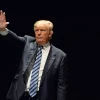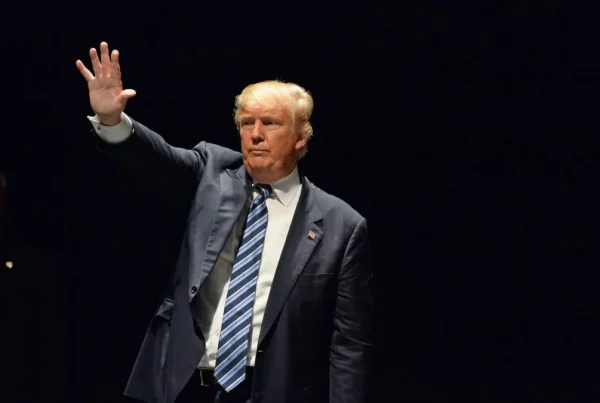The US Securities and Exchange Commission (SEC) has made it clear that they want companies to disclose any crypto-related risks they may be exposed to, saying that both direct and indirect exposure must be described.
The SEC now says firms should describe how company bankruptcies and subsequent effects “have impacted or may impact your business, financial condition, customers, and counterparties, either directly or indirectly.”
The disclosure requirements were published in a new guidance from the SEC on Thursday, and specifically applies to financial services companies that issue securities. It could also be taken as a sign that the SEC from now on will scrutinize the crypto sector more closely to prevent spillover of risks to the traditional financial system.
In addition to disclosures about possible exposure to bankruptcies in the crypto industry, the guidance also asked for descriptions of “any material risk to you, either direct or indirect, due to excessive redemptions, withdrawals, or a suspension of redemptions or withdrawals, of crypto assets.”
“Identify any material concentrations of risk and quantify any material exposures,” the guidance added.
Companies are encouraged to adopt the new guidance in preparation of new documents for their clients, and especially in cases when those documents “may not typically be subject to review by the Division before their use.”
Gensler defends SEC against allegations
The new guidance comes just a day after SEC Chair Gary Gensler had to defend his agency against claims that it failed to hold crypto firms – such as failed crypto exchange FTX – from misusing customer deposits.
Speaking in an interview with Yahoo Finance at the time, Gensler said the SEC actively enforces crypto regulations, but that the problem is that crypto is “largely a non-compliant field.”
“[…] there’s about 10,000 of these crypto tokens. And then there is not just dozens, but maybe hundreds of service providers, broker-dealers. They might call themselves exchanges. Some might call themselves other things,” Gensler said, before adding that they can also be thought of “as the casinos, where in the investing public is looking for a better future.”






